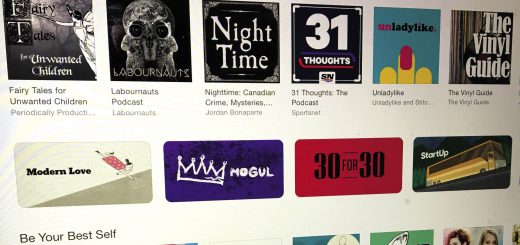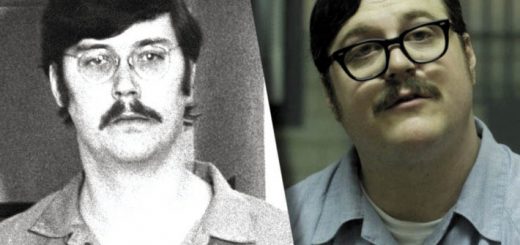‘Get Out’ delivers a brilliant commentary on racism today

How satire and horror come together to call out white people on their “good intentions”
By Amber McLinden, Staff Writer
*Minor plot details are revealed in this review.
Jordan Peele’s film Get Out is offending groups of white people around the world and yet it has received a nearly perfect score from movie critics. The genius of this horror film perfectly mixes satirical elements and social commentary, making for a terrifying experience. Here, the villains aren’t the alt-right, but rather seemingly well-intentioned upper-middle class white people. Reality can definitely be scarier than fiction.
Yet the reality is white people don’t understand the horror of this at quite the same level that black people do, and Get Out translates this into two hours of pure perfection. Right from the beginning of the film, Chris (Daniel Kaluuya) is aware of the implications of meeting his girlfriend Rose’s (Allison Williams) parents. “Have you told your parents I’m black?” isn’t a question that a 20-something, liberal white girl expects to be asked of her, but it’s one that Chris knows should.
Chris’ friend (Milton ‘Lil Rel’ Howery) brings an element of hilarious, yet truth-filled commentary into the mix. He immediately questions why Chris is putting himself in a situation in which he will be surrounded by white people. Despite the quirky nature of his delivery, it’s a truth that white people need to be aware of. It doesn’t matter if, in the words of Rose’s father (Bradley Whitford), you would have voted for Obama for a third term if you could.
Perhaps exaggerated in the movie, but not by much, was the subtle yet laughable blandness of white people. What the alt-right sect of the internet might call “stereotyping white people” is really just a few harmless jokes at the expense of white people.
Take, for example, one of the final scene’s Rose is in. Seated at her laptop in her bedroom, she sips milk out of a straw and eats dry Fruit Loops while looking at pictures of black men online. Through her headphones, the song “Time of My Life” by Bill Medley and Jennifer Warnes plays.
When Chris finds himself in a games room of an older white man, he looks around to see foosball, table hockey, bocce ball, and a deer head hung on the wall.
Rose’s brother is seen several times carrying around a lacrosse stick. Sports really can’t get whiter than lacrosse.
While the poking fun at white people is hilarious, the real commentary takes place when Chris attends Rose’s parents’ garden party. The questions he gets from the white guests seem jarring in the movie, but it’s something that he’s clearly no stranger to. Things like “black is in fashion”, or “is it true? Is it really bigger… down there?” are heard. One of the climax points of the scene is when someone asks him, “Do you think black people have it better or worse in the workplace?”
The final scenes of the movie reach from a definite place of fiction, but the words spoken by one character seem to reflect society today. When asked why they choose black people for their “procedures,” the white man replies that it’s because some people want to be stronger, or better looking, or think that black is in fashion. But he then goes on to ask not to be lumped in with them, and that he couldn’t care less what colour of skin somebody was. Even though he is essentially about to end Chris’s life, it is important that he isn’t thought to be racist.
Despite being a work of fiction, there is ample truth to be found in the movie. As a white person, it’s time to reflect inwards after watching and think about how you could be contributing to a narrative like this. You can be as well intentioned as you like – but when you can turn someone’s lived experience into a topic of theoretical discussion at a garden party, it’s time to check your privilege.





